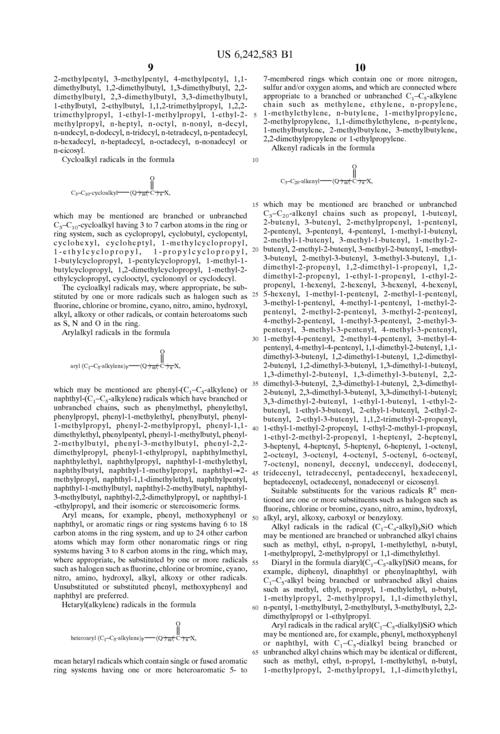Custom Carbohydrate Synthesis: A Comprehensive Guide for You
Carbohydrates are essential macromolecules that play a crucial role in various biological processes. They are the primary source of energy for the human body and are also involved in cell signaling and structural support. With the increasing demand for customized and specialized carbohydrates, the field of custom carbohydrate synthesis has gained significant attention. In this article, we will delve into the intricacies of custom carbohydrate synthesis, exploring its methods, applications, and future prospects.
Understanding Carbohydrates
Before we dive into custom carbohydrate synthesis, it is essential to have a basic understanding of carbohydrates. Carbohydrates are composed of carbon, hydrogen, and oxygen atoms, with a general formula of (CH2O)n. They can be classified into three main types: monosaccharides, disaccharides, and polysaccharides. Monosaccharides are the simplest carbohydrates and cannot be further hydrolyzed into smaller units. Examples include glucose, fructose, and galactose. Disaccharides are composed of two monosaccharides linked together, such as sucrose (glucose + fructose) and lactose (glucose + galactose). Polysaccharides are long chains of monosaccharides, such as starch, cellulose, and glycogen.
![]()
Methods of Custom Carbohydrate Synthesis
Custom carbohydrate synthesis involves the modification of existing carbohydrates or the creation of entirely new ones. There are several methods available for achieving this, including:
-
Chemical Synthesis: This method involves the use of chemical reactions to modify or create carbohydrates. Common reactions include glycosylation, acetylation, and oxidation.
-
Enzymatic Synthesis: Enzymes are used to catalyze the formation of new carbohydrates or the modification of existing ones. This method is often more efficient and environmentally friendly than chemical synthesis.
-
Genetic Engineering: Genetic engineering techniques can be used to produce custom carbohydrates by modifying the genes of organisms that naturally produce carbohydrates.

Applications of Custom Carbohydrates
Custom carbohydrates have a wide range of applications in various fields, including:
-
Pharmaceuticals: Custom carbohydrates are used in the development of new drugs, including vaccines, antibodies, and enzyme replacements.
-
Biotechnology: Custom carbohydrates are used in the production of biopolymers, such as biodegradable plastics and biofuels.
-
Food Industry: Custom carbohydrates are used to improve the texture, flavor, and shelf life of food products.
-
Environmental Protection: Custom carbohydrates can be used to develop biodegradable materials and to remove pollutants from water and soil.
Challenges and Future Prospects
While custom carbohydrate synthesis offers numerous benefits, there are also challenges that need to be addressed. Some of these challenges include:
-
Cost: The production of custom carbohydrates can be expensive, especially when using chemical synthesis methods.
-
Scale-up: Scaling up the production of custom carbohydrates from laboratory-scale to industrial-scale can be challenging.
-
Regulatory Approval: Custom carbohydrates must undergo rigorous testing and approval by regulatory agencies before they can be used in pharmaceuticals and other applications.
Despite these challenges, the future of custom carbohydrate synthesis looks promising. Advances in technology and research are expected to make the production of custom carbohydrates more efficient, cost-effective, and environmentally friendly. Additionally, the increasing demand for specialized carbohydrates in various industries is expected to drive further innovation in this field.
Table 1: Comparison of Different Carbohydrate Synthesis Methods
| Method | Advantages | Disadvantages |
|---|---|---|
| Chemical Synthesis | High yield, precise control over the structure of the carbohydrate | Expensive, environmentally unfriendly, potential for side reactions |
| Enzymatic Synthesis | Environmentally friendly, high specificity, often more cost-effective | Lower yield,
Website: https://croviconsulting.com YOU MAY HAVE MISSED |












